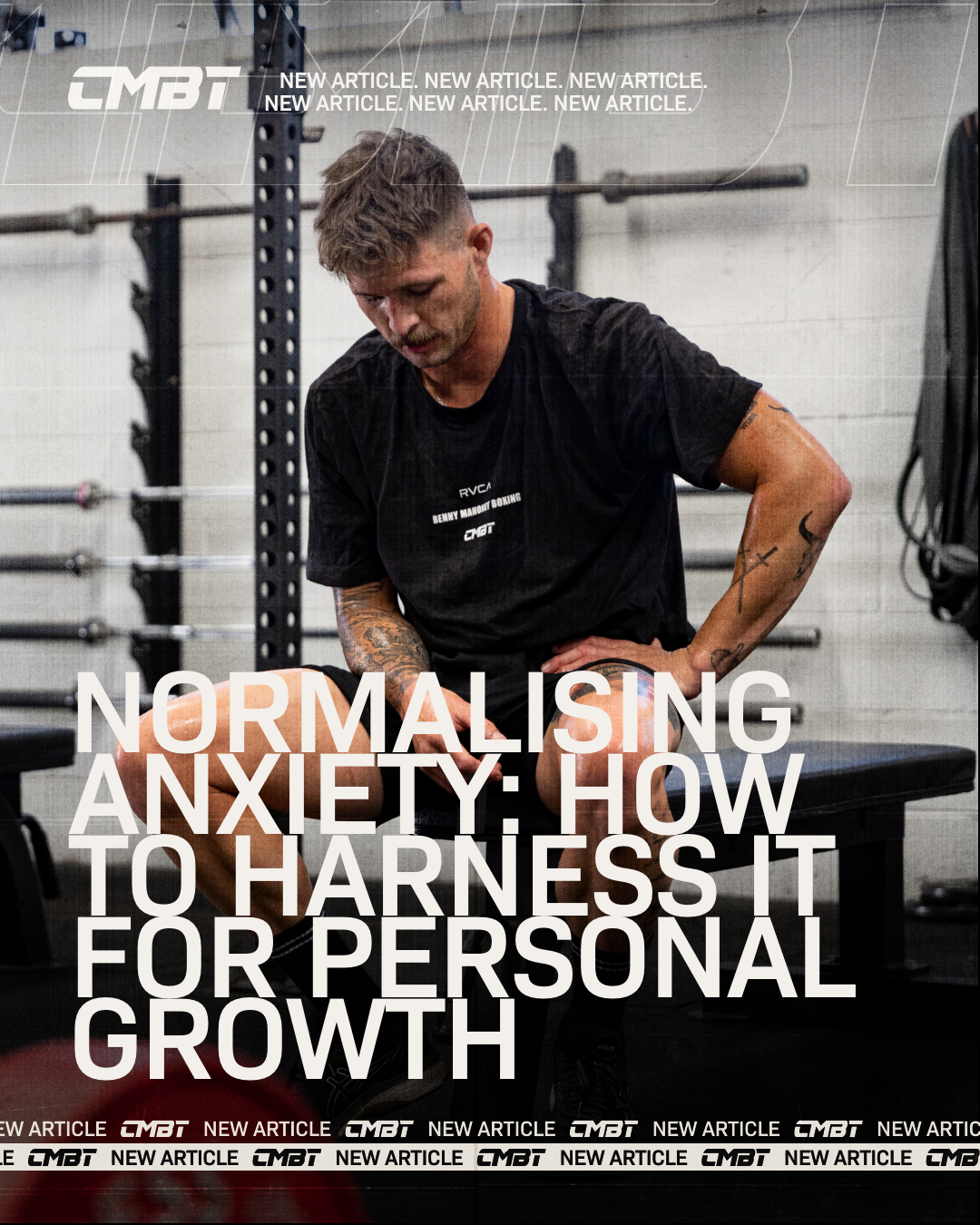Overtraining is a condition where an individual's body is pushed beyond its limit without adequate rest and recovery. It is a common phenomenon among athletes, bodybuilders, and fitness enthusiasts who tend to push themselves too hard in order to achieve their goals. While training hard is important to improve performance, overtraining can have detrimental effects on your health and performance. In this article, we will discuss the signs of overtraining and the studies that support them.
One of the earliest signs of overtraining is a decrease in performance. This can be seen in athletes who are unable to maintain their usual pace or speed during workouts, or bodybuilders who are unable to lift the same weight they usually do. According to a study published in the Journal of Strength and Conditioning Research, overtrained athletes showed a decrease in performance in strength, power, and endurance tests.
Another sign of overtraining is chronic fatigue, which can persist even after a good night's sleep. This is often accompanied by a feeling of lethargy and a lack of motivation to exercise. According to a study published in the International Journal of Sports Medicine, overtraining can cause a significant decrease in physical and mental energy levels.

Insomnia, or difficulty sleeping, is another sign of overtraining. According to a study published in the Journal of Sports Science and Medicine, overtraining can lead to disturbances in the body's natural sleep-wake cycle, resulting in insomnia. This can further exacerbate fatigue and decrease performance.
A high resting heart rate is another sign of overtraining. According to a study published in the European Journal of Applied Physiology, overtrained athletes showed a significant increase in resting heart rate. This is indicative of a stressed nervous system and an increased risk of injury or illness.
Overtraining can also increase the risk of injuries. This is because overtraining can cause muscle fatigue, which can lead to improper form and technique during workouts, increasing the risk of injury. According to a study published in the Journal of Strength and Conditioning Research, overtrained athletes were more likely to experience musculoskeletal injuries than those who trained within their limits. If you are experiencing frequent injuries, it may be a sign that you are overtraining.
If you are experiencing a lack of motivation or dread going to the gym, it may be a sign that you are overtraining. Overtraining can lead to physical and mental exhaustion, which can impact your ability to enjoy your workouts. If you find yourself feeling unmotivated, take a break and allow yourself time to recover.
Overtraining can also suppress the immune system, making individuals more susceptible to infections and illnesses. According to a study published in the Journal of Applied Physiology, overtrained athletes showed a significant decrease in immune function. This can further exacerbate fatigue and decrease performance.
TAKE AWAY MESSAGE
Training is an essential aspect of an active and healthy lifestyle. However, it is essential to strike a balance between rest and training. Overtraining is a condition that can have detrimental effects on your health and performance - leading to physical and mental exhaustion, which can hinder progress and potentially cause injury. It is important to recognise the signs of overtraining and take necessary steps to prevent it. This includes allowing for sufficent rest and recovery time, getting enough sleep, ensuring proper nutrition, and listening to your body. By doing so, you can continue to lead an active and healthy lifestyle while preventing the negative effects of overtraining.


















































![[VIDEO] Fuel Your Passion feat. Sami Locke](http://cmbt.com.au/cdn/shop/articles/Sami.jpg?v=1625826844&width=1600)